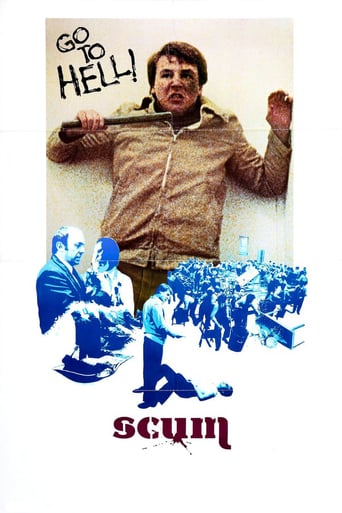


Scum
Powerful, uncompromising drama about two boys' struggle for survival in the nightmare world of Britain's notorious Borstal Reformatory.
-
- Cast:
- Ray Winstone , Mick Ford , Julian Firth , Phil Daniels , John Judd , Philip Jackson , Peter Howell


Similar titles
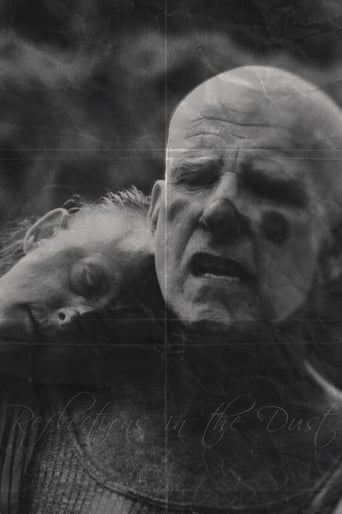


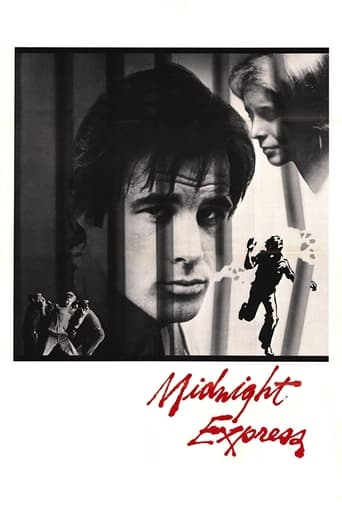
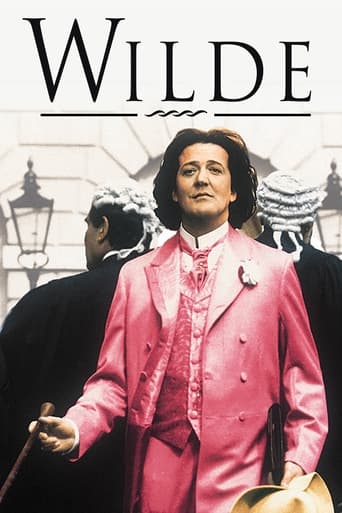
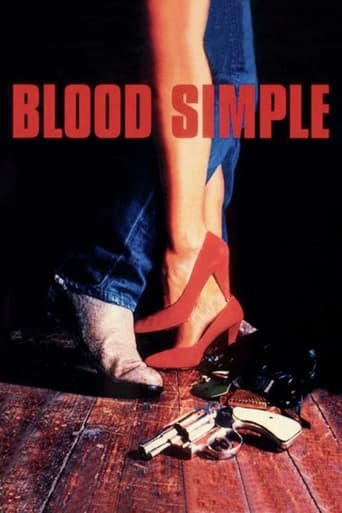
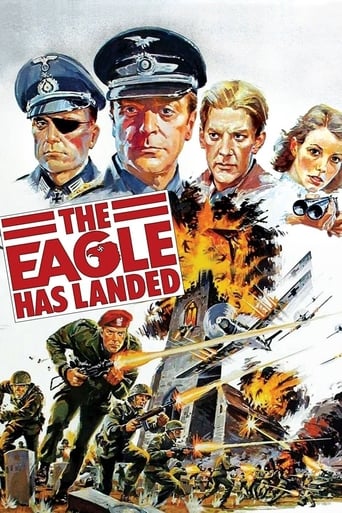
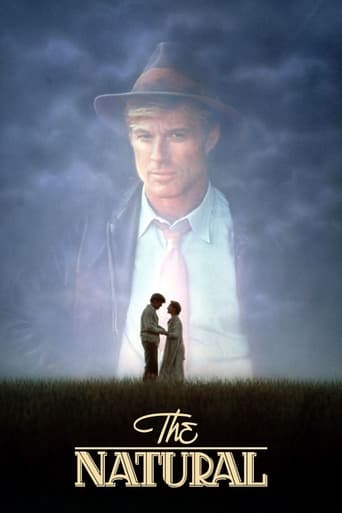
Reviews
The Age of Commercialism
Fantastic!
Absolutely brilliant
The acting in this movie is really good.
SCUM isn't an easy watch. It's the filmed version of a BBC TV movie that ended up being banned by the lily-livered broadcasters for being simply too dark and violent. I've not seen the BBC version, but I can't imagine it being better than this hard-hitting, yes, classic, of a movie.It features a star-making turn from Ray Winstone as a newcomer to a violent borstal where constant threat comes from both staff and fellow inmates alike. Winstone's character is tough to love - he's as racist as the rest - but he commands respect and exudes a powerful presence, particularly in such classic scenes as the one involving a couple of pool balls.The story is constantly gritty, downbeat, and depressing. Suicide, rape, self-harm, and bullying are all constant themes. Thank goodness for Mick Ford's Archer, an intellectual inmate who brings some much-needed levity to the production. Watch out for numerous future stars in the cast, including a truly evil Phil Daniels well cast against type, P. H. Moriarty (from THE LONG GOOD Friday) and the likes of Patrick Murray (Mickey Pearce from ONLY FOOLS AND HORSES) and Danny John-Jules in more minor parts. SCUM is as powerful a condemnation of the British borstal system as it gets.
With several mixed reviews, it was essential that an open mind was kept. Released over thirty years ago it was expectedly dated. However the raw and poignant messages of the harrowing and hard life in British Borstals for young males were very clear. It is likely that you have heard the expression 'Treat others how you wish to be treated'; this disturbing and violent film shows, that in the 1970's, youth offenders were pushed to behave like scum as they were constantly treated like scum.Directed by Alan Clarke, Co- produced by Clive Parsons and written by Roy Minton in 1977, 'Scum' was originally deemed "too controversial" to be released and was therefore banned by the BBC. It wasn't until Borstals were abolished in 1982 that it was aired on Channel 4 (1983). The film clearly aimed to portray the brutality of life inside a British Borstal. Immediately from the onset; violence and corruption is shown as the warden's target the three new inmates; Carlin, (Ray Winstone), a re- offender with a bad reputation, Davis, (Julian Firth), a timid and scared first offender and Angel; a young black male. Carlin finds himself fighting with 'trainees' and 'screws' to gain ultimate hierarchy power to become 'the daddy'. Becoming the 'top dog' allowed Carlin to take advantage of the black market as he takes a large cut of any incoming money from the other trainees. The wardens bizarrely respect Carlins' leadership qualities as they expect him to keep the other trainees in order; in return he is given privileges such as a single- cell bed and the wardens even overlook his criminal behaviours.Borstals were introduced to Britain in 1902 to prevent young offenders from being influenced by adult offenders; aiming to reduce re-offending. They also aimed to reform young delinquents; focusing on routine, discipline and authority. One character in the film, who is determined 'not to be taken' by the system, is Ben Archer. This character is used to implicitly express the clear weaknesses of Borstals. Archer (Mick Ford) is a middle- class misfit who should have been sent to prison, due to his older age of 24; however he was sent to the Borstal and wanted to complete his sentence quietly yet causing as much trouble for the wardens as possible- being a vegetarian and atheist to infuriate the sternly religious Governor. Archer is extremely intelligent and it wasn't uncommon for some of the 'cons' to be better educated than the 'pigs'. There is a significant scene in which Archer has a conversation with warden Mr Duke. He states 'How can anyone build a character on a regime based on deprivation.. If it's not a con at me it's a screw.. More criminal acts are imposed on the prisoner's than criminals on society..' This was the sad reality. The aims of Borstals completely failed as violence lead to further violence. The film shows no evidence of rehabilitation or reform for these young offenders. Group meetings were held by the (female) Matron as she asks the young males to talk about any problems they might have. But no one wants to be the grass, right? She appears unsympathetic, showing no care or emotion, leading the trainees to feel further frustrated and psychologically strained. This is portrayed when an inmate becomes aware of his wife's death. She doesn't sympathise or offer any support or emotional help; this lead to his disturbing suicide attempt. The film also highlighted that each of the individuals' needs should have been separately cared for, as each individual is different. During the group session, the case of a fourteen-year-old boy is briefly shown. He is being held at Her Majesty's Pleasure for murder. He is socially isolated as he receives no family visitors and is always shown sat on his own. For such a young boy who committed such a serious crime it is most certain he needs to be psychologically treated- not physically punished. Inmates are stripped of their identity; "Matron? Can you not call us by our Christian Names?", and are labelled with a four digit number "You can't remember? That's all you are, a number!" This would have consequently affected their self-identity. Throughout, there is very strong language. Racial attacks; physical and verbal are explicitly shown; wardens isolate the young black males to single cells and racial fights during sports classes are shown- racism seemed to be the norm. Although racism in our current multi- cultural society has reduced through awareness and campaigns, it has by no means been erased. However, violent acts (such as racial or sexual attacks) between offenders; and between prison guards and offenders can be strictly controlled via CCTV. There is a horrifying and shocking scene in which Davis is gang raped by three older inmates whilst being watched by a corrupt, sadistic and callous 'pig'. Such changes allow protection or punishment for the offenders and guards in present prisons/ youth custodies.After being gang raped, Davis expressed he felt "lonely, scared and depressed" to a warden. He was ignored which lead to his poignant suicide. After a rebellious riot lead by Carlin the film ends with the 'screws' and 'cons' giving a minutes silence. Although some of the scenes are raw and cold- hearted, it does what it set out to; educate people of what life was like in Borstals; for both offenders and wardens. This film has been deemed to be significant contribution to abolishing corporal punishment and Borstals in 1982. They were since replaced with 'Youth Custody Centres' which have the necessary facilities and tools in place to successfully reform and rehabilitate youth offenders to their individual needs. Intensive community orders, Youth offending teams, restorative justice programmes and youth referral orders are other options available to suit individual cases and have been shown to have great success.
"Scum" reminded me in some ways of the tough Sidney Lumet World War II prison thriller "The Hill" with Sean Connery. This toxic view of a contemporary British boy's reformatory is as unpleasant as it is engrossing. Ray Winstone plays the new kid on the block who enters the prison and eventually finds himself forced to rise to the top of the prison population as a so-called "daddy." When the guards and governor aren't shouting at the adolescents to "double-quick march," the strong inmates are preying on the weak. The guards are relentless sadistic. Some of the characters are standard types for this kind of expose melodrama. The inmates shake each other down for money and our protagonist finds himself beaten up by the inmate big wigs. The administration follows and tries to take advantage of our hero's battered looks to punish him. Director Alan Clarke and scenarist Ray Minton don't pull any punches. Although it was released in 1979, "Scum" does contain some potentially offensive scenes, such as a rape in a green house when two inmates assault another. The administration is a merciless bunch of stuff-shirt dastards who have a free hand to inflict as much punishment on the boys as they see fit. The abrupt ending is disheartening. The performances are riveting and the environment looks authentic. Approach with caution.
Brutal, shocking, disturbing and powerful were just some of the words used to describe the film 'Scum' released in 1979. The film portrays what it was like for boys who lived in borstals in the 1970s by following the character of 'Carlin' and other inmates on their everyday experiences including racism, violence, rape and a corrupted system between inmates and guards. When watching this film it lead me to question whether the harsh and punitive system in 1970 actually was so brutal or whether it actually worked in rehabilitating offenders in comparison to the 'softer' approach of restorative justice system which is used today? Borstals first opened in 1902 and were set up as specialized detention centers for young people. By separating the young offenders from adults in their own enclosed institutions was seen as a major step towards the training of the young offender. Borstal trainees were held from one to three years and in this time their regime was military style; strict discipline, hard work and drill. It claimed to be success in preventing re-offending with the first survey in 1915 reporting reconviction rates as low as 27 percent. However, evidence has shown a different reality and it is this reality which is portrayed by 'Scum'. As well as receiving grief from the guards, inmates also had to deal with other inmates including those characters thought of as the leader, known as "The Daddy". Inmates frequently got attacked by "The Daddy" and his gang and had no one to turn to for help as they did not feel they could name who had hurt them without receiving another beating.Many of the elements in 'Scum' were actual problems of borstals in real life and have been found ineffective in rehabilitating juvenile offenders. In the film we see that the members of staff controlling the borstal took advantage of their authority when giving punishments to inmates and beating them sometimes for no reason. This was due to the strong belief that corporal punishment was an effective way of dealing with antisocial behaviour. However, it has been found that harsh punishment is not capable of reforming offenders. It has also been found that the strict and military style discipline applied and depicted in the film can actually promote violence and aggressive behaviour rather than preventing it. Also, one of the inmates in the film asks for books to read but is told that he is not allowed to, therefore he is not given the chance to educate himself making borstal life more damaging on him. If offenders in the borstal were given a chance to educate themselves then the scheme may have been more beneficial.Therefore, although removing offenders from the community means they can not commit crimes, it is actually more likely that they would re-offend once being released due to the lack of rehabilitating behaviours within borstals. However, the borstal system was abolished in 1982 and Young Offender institutions were introduced where more emphasis was placed on rehabilitation.Today, restorative justice has been incorporated into several parts of the youth justice system. It has been argued that in the 1970s crime control was fundamentally flawed as harms associated with social life should not have been regulated by the criminal justice system. Instead, restorative justice sees communication between offender, victim and community in order to resolve a dispute, as being important in justice. This is very different from the borstal style system as it uses inclusionary and community based means rather than excluding offenders to institutions. Restorative justice works through reintegrative shaming, restitution mediation and reparation work on the conscience of the offender. Restorative justice is also very different from borstals as it sees punishment as ineffective and disruptive of community relations. Evidence from Family Group Conferences in New Zealand and also 'reintegrative shaming' in Australia have shown a marked decrease in re-offending rates since the introduction of the schemes. In 1999 following the Youth Justice and Criminal Evidence Act, referral orders and youth offender panels were introduced in England. Therefore, we can see that youth justice seems to be shifting from an exclusionary and punitive system to becoming inclusionary and restorative.However, although restorative justice has been shown to reduce re-offending, when the riots broke out across the UK in summer 2011 many people began to question whether the justice system was becoming too 'soft'. In Britain there are no real punitive measures for youths. The Mayor of London suggested restorative justice was a good approach for looters to face the consequence of their actions. However, as well as this, some of the offenders were to be sent to pupil referral units where the offender is deprived from their usual place in school and taken away from friends to be taught by teachers trained to deal with unacceptable behaviour. Therefore, it may be that it is important to have a mix of both rehabilitative measures as well as more punitive measures to help cut criminality and re-offending. It is not yet known if these means of justice have helped with rehabilitation of these offenders as it is still too early to know. However, this type of justice is far from the brutal and shocking displayed scenes of borstal institutions as shown in Scum.From watching the film Scum we are given an insight into a corrupted and shocking justice system in the 1970s where borstals were not places to rehabilitate young offenders, but instead were places which actually lead to more violence and a daily struggle to live with causing some offenders to even go as far as committing suicide to escape. It may be necessary to keep some punitive system within youth justice as the 'softer' restorative justice approach alone may not be enough to deter re-offending. However, bringing back borstals would certainly not help with youth justice system and new ideas and research is needed beyond these punitive systems of the past.
